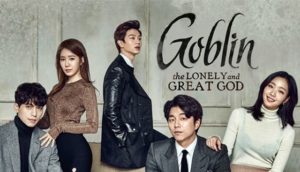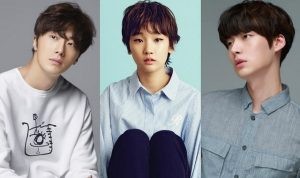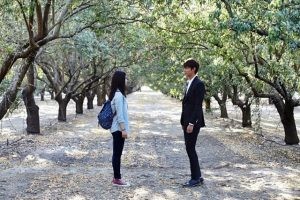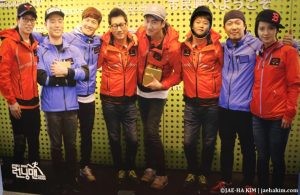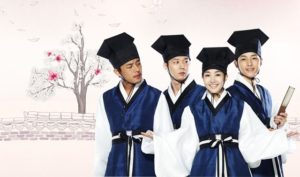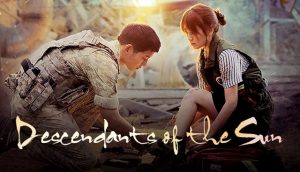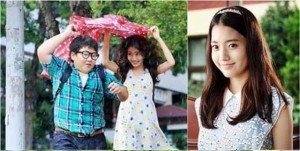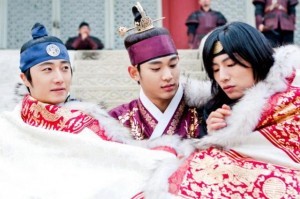Let’s cut to the chase: the plot revolves around a high school student and a doctor who switch bodies after an accident. Yoon-Jae, the 30something doctor is in a vegetative state in the body of 17-year-old Kyung-Joon. Meanwhile, the teenager is alive and well, but he is trapped in the buff body belonging to Gong Yoo, er, I mean Yoon-Jae. Caught between these two is Gil Da-Ran, a wet dishrag of a woman, who (despite her beauty) has absolutely no confidence in herself. When she realizes that Yoon-Jae really isn’t Yoon-Jae and that it may take a while for the two to switch bodies again, she plays along with the charade.
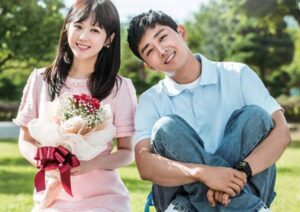
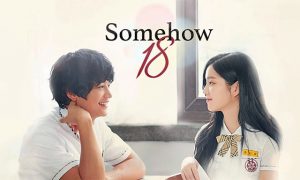
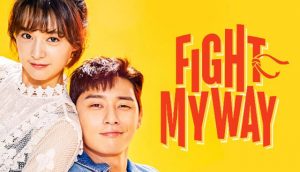
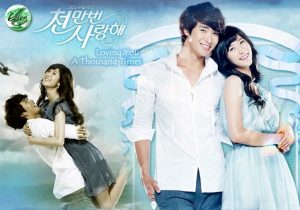
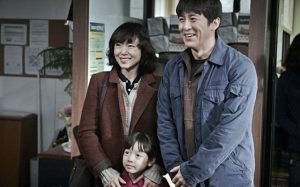
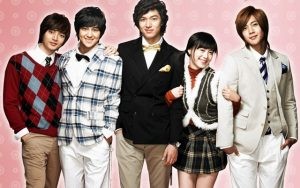
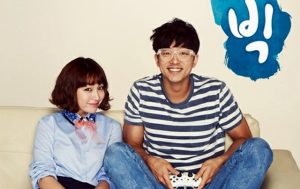
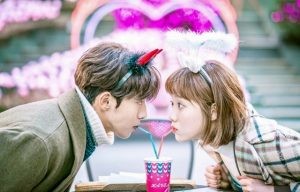
 for the first half. But the second half … wow. It was worth sitting through eight hours of meh to get to the satisfying ending. Bok-Joo is the top female wrestler at her school. In order to give the other women on her team a chance of medaling, her coach asks her to go up a weight class. The 5-foot-9 athlete weights roughly 127 pounds and must go up by about 10 pounds. Bear in mind that by U.S. standards, she would be considered thin. But much is made of the fact that she’s a big, overweight girl.
for the first half. But the second half … wow. It was worth sitting through eight hours of meh to get to the satisfying ending. Bok-Joo is the top female wrestler at her school. In order to give the other women on her team a chance of medaling, her coach asks her to go up a weight class. The 5-foot-9 athlete weights roughly 127 pounds and must go up by about 10 pounds. Bear in mind that by U.S. standards, she would be considered thin. But much is made of the fact that she’s a big, overweight girl.